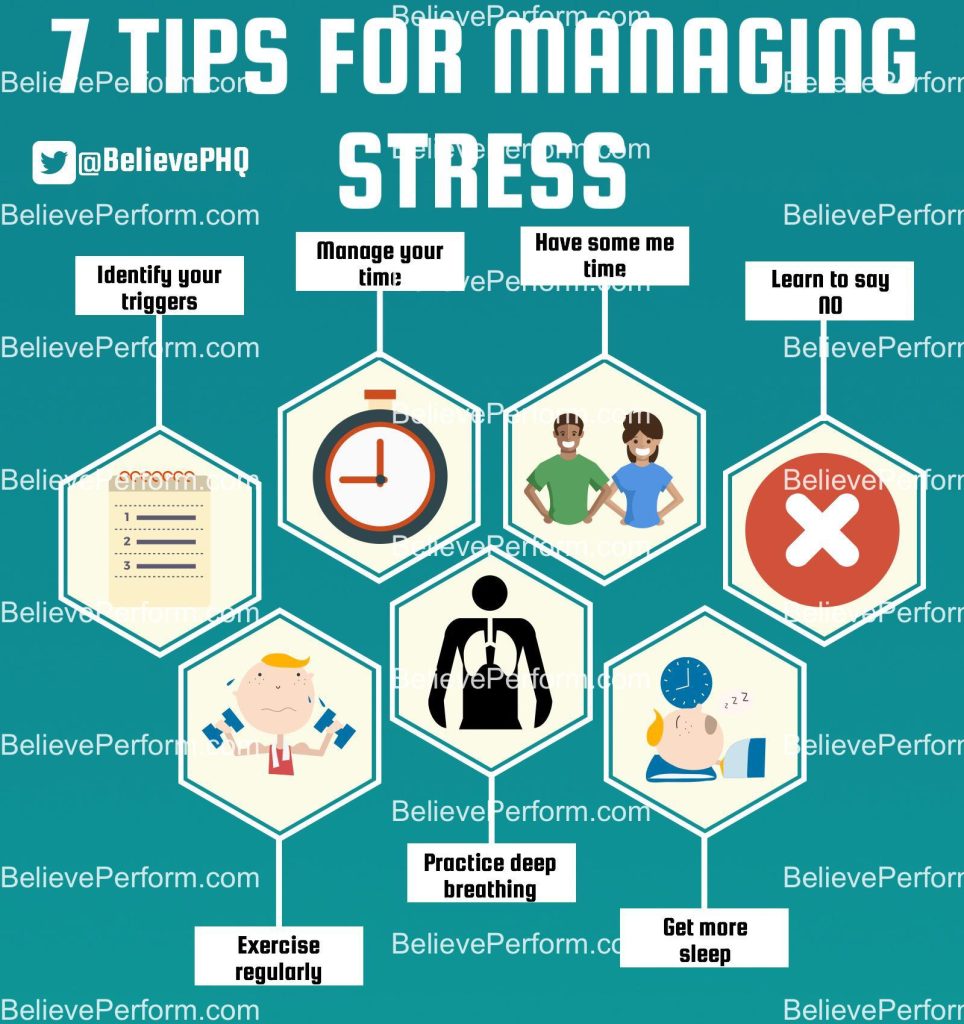In today’s fast-paced world, the significance of mental health cannot be overstated, especially when it comes to stress management. Stress is a common experience that affects individuals from all walks of life, and understanding how to manage it effectively is crucial for maintaining overall well-being. In this article, we will delve into the various aspects of stress management, exploring techniques and strategies that can help you regain control over your mental health. By prioritizing mental health matters, you can pave the way for a more balanced and fulfilling life.
As you continue reading, you will discover a range of practical stress management techniques, from mindfulness practices to time management skills. We will also discuss the impact of stress on your physical health and the importance of recognizing the signs of stress before it escalates. Additionally, you will learn about the role of social support and professional help in managing stress effectively. Each section is designed to equip you with the knowledge and tools necessary to navigate life’s challenges with resilience.
Whether you are seeking to improve your personal coping strategies or looking to support a loved one, this article will provide valuable insights into the world of stress management. Join us on this journey to better mental health, and empower yourself with the skills to manage stress effectively. Your path to a healthier, more balanced life starts here!
Understanding Stress and Its Impact on Mental Health
Stress is a natural response to challenging situations, but when it becomes chronic, it can significantly affect mental health. Understanding the physiological and psychological effects of stress is crucial for effective stress management. Chronic stress can lead to anxiety, depression, and other mental health disorders, making it essential to recognize the signs early.
Moreover, stress can manifest in various ways, including physical symptoms like headaches, fatigue, and digestive issues. By identifying stressors and understanding their impact, individuals can take proactive steps to manage their stress levels and improve their overall mental well-being.
Effective Stress Management Techniques
There are numerous techniques available for managing stress effectively. Mindfulness and meditation are popular methods that help individuals focus on the present moment, reducing anxiety and promoting relaxation. Regular physical activity is another powerful stress reliever, as it releases endorphins that enhance mood and reduce feelings of stress.
Additionally, maintaining a balanced diet and ensuring adequate sleep are vital components of stress management. By incorporating these techniques into daily routines, individuals can build resilience against stress and improve their mental health over time.
The Role of Social Support in Stress Management
Social support plays a critical role in managing stress. Having a strong network of friends, family, or colleagues can provide emotional comfort and practical assistance during challenging times. Engaging in open conversations about stressors can help individuals feel less isolated and more understood.
Furthermore, participating in group activities or support groups can foster a sense of community, which is essential for mental health. Building and maintaining these relationships can serve as a buffer against stress, enhancing overall well-being.
Recognizing and Addressing Burnout
Burnout is a state of emotional, physical, and mental exhaustion caused by prolonged stress, often related to work or caregiving responsibilities. Recognizing the signs of burnout, such as chronic fatigue, irritability, and decreased performance, is crucial for timely intervention. Addressing burnout involves setting boundaries, taking breaks, and seeking professional help if necessary.
Employers can also play a significant role in preventing burnout by promoting a healthy work-life balance and providing resources for mental health support. By prioritizing mental health in the workplace, organizations can create a more productive and supportive environment for their employees.
Seeking Professional Help for Stress Management
When stress becomes overwhelming, seeking professional help is a vital step towards recovery. Mental health professionals can provide valuable tools and strategies tailored to individual needs. Therapy options, such as cognitive-behavioral therapy (CBT), can help individuals reframe negative thought patterns and develop healthier coping mechanisms.
Additionally, support groups and workshops can offer a sense of community and shared experience, making it easier to navigate stress. Recognizing the importance of professional support is essential for long-term mental health and effective stress management.
| Aspect | Description |
|---|---|
| Understanding Stress | Stress is a natural response to challenges or demands. It can be positive (eustress) or negative (distress), affecting mental and physical health. |
| Causes of Stress | Common causes include work pressure, financial issues, relationship problems, and major life changes. |
| Signs of Stress | Symptoms may include anxiety, irritability, fatigue, difficulty concentrating, and physical issues like headaches. |
| Stress Management Techniques | Effective techniques include mindfulness, exercise, time management, deep breathing, and seeking social support. |
| Mindfulness and Relaxation | Practices such as meditation, yoga, and progressive muscle relaxation can help reduce stress levels. |
| Healthy Lifestyle Choices | Maintaining a balanced diet, regular physical activity, and adequate sleep are crucial for managing stress. |
| Professional Help | When stress becomes overwhelming, seeking help from a mental health professional can provide support and coping strategies. |
This HTML document provides a structured overview of stress management, highlighting key aspects in a table format.

